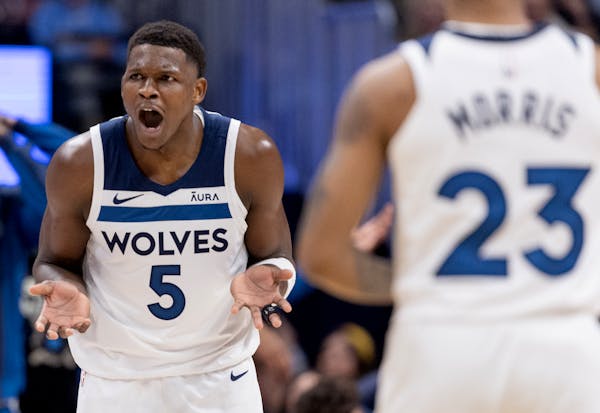Delia Bloom and Adam Jensen were in kindergarten and first grade, respectively, when Matthew Shepard died, 11 years ago today.
The two students at the Blake School, a private school in Minneapolis, didn't hear at the time about the murder of Shepard, a gay, 21-year-old University of Wyoming student whose brutal beating became an international story highlighting violence and hate crimes against gay, lesbian, bisexual and transgender people.
But they know about it now.
"It's so shocking that anything like that could happen," said Bloom, a junior.
Bloom and Jensen are part of a 14-person cast at Blake that will participate tonight in a nationwide reading of "The Laramie Project: 10 Years Later." Though arguably a sequel at 80 minutes, it's billed as an "epilogue" to the famous "Laramie Project" play that tells the story of Shepard's murder through the voices of Laramie residents.
Blake is the only high school in Minnesota and one of only nine high schools in the United States that is taking on the reading. The Guthrie is also doing a reading tonight.
"I care about how students and people are affected by hate crimes," said Diane Landis, the theater director at Blake, "and Matthew Shepard has become a symbol of that. The thing about the Laramie Project is that it's not just one voice. It's the voices of the people of Laramie."
'Where the school stands'
Blake performed the original "Laramie Project" six years ago. It's a play with a controversial subject matter, a project that many high schools would still be reluctant to undertake. The school's Gay-Straight Alliance (GSA) is hosting tonight's reading.
In the play, members of New York's Tectonic Theater Project interview residents for a year after the murder.
"Now, after Matthew, I would say that Laramie is a town defined by an accident, a crime," college student and Laramie resident Jedadiah Schultz says in the original play. "We've become Waco; we've become Jasper. We're a noun, a definition, a sign. We may be able to get rid of that ... but it will sure take a while."
For the epilogue, the writers return to Laramie 10 years after the murder to see what has become of the town, how it has changed.
In the years since Shepard's murder, Blake also has become a place that's willing to take on a play like this one, said J.J. Kahle, a Spanish teacher and the GSA adviser at Blake.
"We've had a Gay-Straight Alliance for 10 years, and we've had events in recent history that have defined where the school stands," she said.
About a decade ago, she said, controversy erupted in the school when parents found out that a video shown as part of the first-grade "family" curriculum included GLBT families. At a large meeting, the head of the school told parents that "if they were there to change curriculum, it wasn't going to happen," Kahle said.
The school lost families because of it, she said, but she also believes it has since gained families because of the inclusive atmosphere. "GLBT Safe Zone" stickers in the halls also tell prospective parents where the school stands.
"The other day, I was in the lounge and I heard someone correct a kid who said, 'That's so gay,' " said Bloom, the Blake junior.
"Many, many years ago, the GSA was just me and five kids," Kahle said. "Now, it's busting out the door, and there are more than 100 kids on the mailing list."
'A safe place'
Jensen, a gay senior, said he's long known about Shepard's murder. He wanted to participate in the reading because of the message, he said, not because he's particularly interested in theater.
Jensen said he is the only GLBT student participating in the reading, but the fact that so many straight people are involved resonates with him.
The question addressed in the epilogue, Jensen said, was whether a similar murder could happen now.
"I think the piece we're doing touches on the necessity to find a safe place where you don't have to worry about" that kind of violence or discrimination, Jensen said.
"For me, Blake is that safe place," he continued. "Could it happen at Blake? I don't think so. Could it happen in Minneapolis? Maybe. Could it happen in the rest of Minnesota? Probably. But I think the difference now is that there are so many more safe places than there used to be."
Emily Johns • 612-673-7460
GUTHRIE JOINS PROJECT: The new play also will get a staged reading at the Guthrie Theater tonight at 7. E1
One dead, one injured in Cedar-Riverside neighborhood shooting

Black nonprofit sees investments in Duluth's Central Hillside as 'catalyst'

WWE releases Gable Steveson, closing a chapter for former Gophers sensation

Star Wars superfans celebrate May 4th with ritual movie marathons, blue milk, costumes and community

